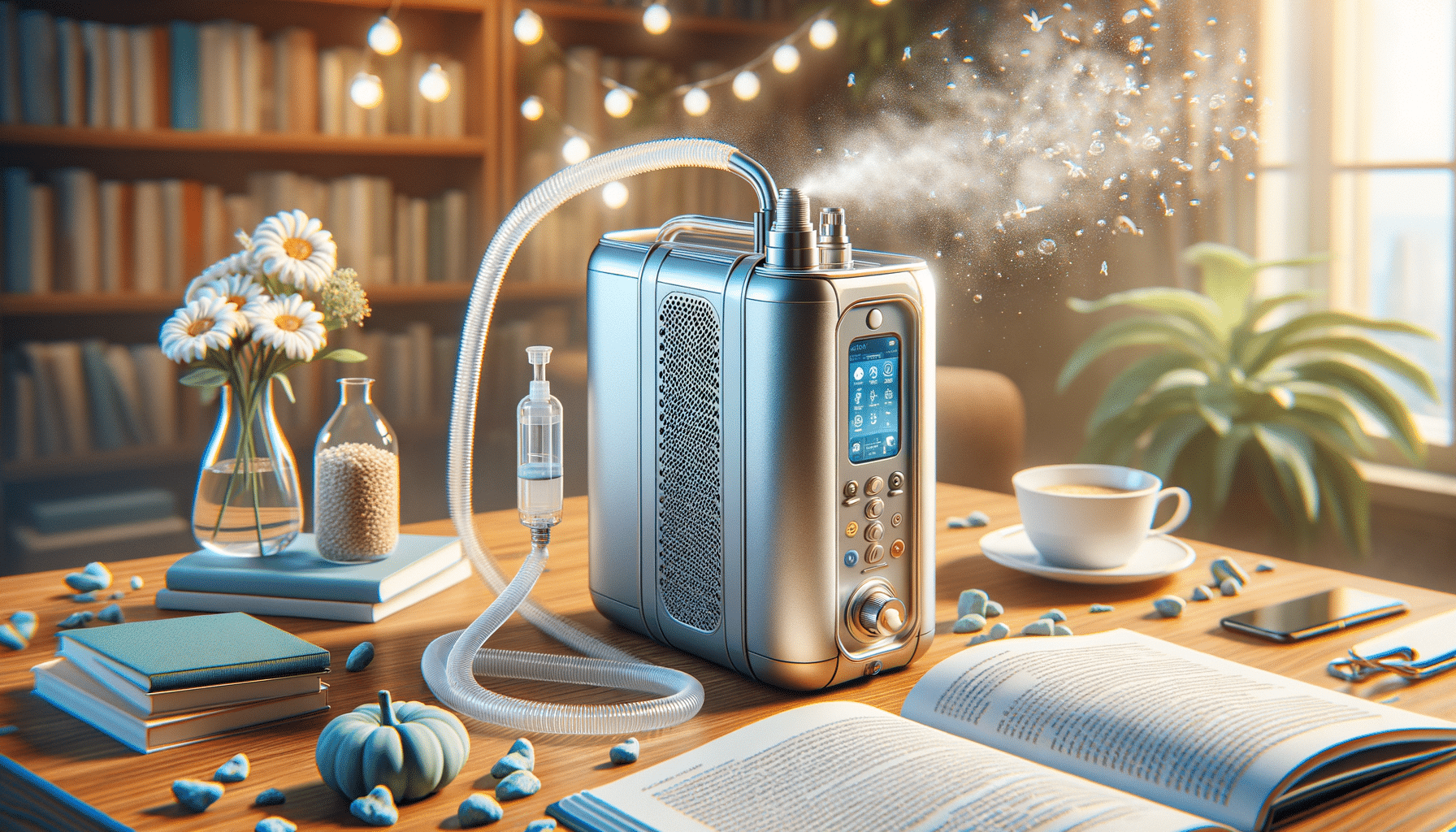
Your Guide to Choosing the Right Portable Oxygen Concentrator for Your Needs
Understanding Oxygen Therapy
Oxygen therapy is a crucial treatment for individuals with respiratory conditions that impede their ability to breathe effectively. This therapy involves the administration of oxygen at concentrations higher than those found in ambient air. It is often prescribed for conditions such as chronic obstructive pulmonary disease (COPD), pneumonia, asthma, and certain heart conditions. By increasing the oxygen levels in the blood, oxygen therapy can enhance energy levels, improve sleep, and boost overall quality of life.
Oxygen therapy can be delivered in various forms, including through oxygen tanks, liquid oxygen devices, and portable concentrators. Each method has its own set of advantages and limitations. For instance, oxygen tanks provide a consistent flow of oxygen but can be bulky and limit mobility. Liquid oxygen devices offer a more concentrated form of oxygen and are lighter to carry, but they require regular refilling. Portable oxygen concentrators, on the other hand, extract oxygen from the surrounding air, making them highly convenient for travel and daily activities.
Patients receiving oxygen therapy often report significant improvements in their daily lives. They experience less shortness of breath, greater endurance during physical activities, and a reduction in fatigue. However, it is essential to use oxygen therapy as directed by a healthcare provider to avoid potential complications such as oxygen toxicity or respiratory suppression. Understanding the benefits and guidelines of oxygen therapy can empower patients to manage their respiratory health more effectively.
Choosing the Right Portable Oxygen Concentrator
Portable oxygen concentrators have revolutionized the way individuals manage their respiratory health, offering a level of freedom and flexibility that was previously unattainable. These devices work by drawing in air, removing nitrogen, and delivering concentrated oxygen to the user. When selecting a portable oxygen concentrator, several factors should be considered to ensure it meets your specific needs.
Firstly, consider the device’s oxygen output. Different models offer varying levels of oxygen concentration, so it’s vital to choose one that aligns with your prescribed oxygen needs. Additionally, the size and weight of the concentrator are crucial, especially if you plan to travel or move around frequently. Some models are compact and lightweight, making them ideal for active users.
Battery life is another important consideration. A longer battery life means you can rely on the concentrator for extended periods without needing to recharge. This is particularly beneficial for those who enjoy outdoor activities or travel. Furthermore, check the noise level of the device, as quieter models can be more comfortable for continuous use, especially during sleep.
Lastly, consider the ease of use and maintenance. Look for a model with intuitive controls and easy-to-follow instructions for cleaning and maintenance. Some devices come with additional features like built-in alarms to alert you of low battery or other issues, enhancing safety and convenience. By carefully evaluating these factors, you can select a portable oxygen concentrator that effectively supports your lifestyle and health requirements.
Enhancing Respiratory Health
Maintaining respiratory health is essential for overall well-being, particularly for individuals with chronic lung conditions. Alongside oxygen therapy, there are various strategies and lifestyle changes that can significantly improve respiratory function and quality of life.
Regular physical activity is one of the most effective ways to enhance lung capacity and efficiency. Engaging in exercises such as walking, swimming, or cycling can strengthen respiratory muscles and improve oxygen utilization. It’s important to start with moderate activities and gradually increase intensity as your fitness improves.
Nutrition also plays a vital role in respiratory health. A balanced diet rich in antioxidants, vitamins, and minerals can support lung function and reduce inflammation. Foods like leafy greens, fruits, nuts, and fish are excellent choices. Staying hydrated is equally important, as it helps thin mucus and keeps airways clear.
Additionally, avoiding smoking and exposure to pollutants is crucial for protecting lung health. Smoking cessation is one of the most beneficial steps you can take to improve respiratory function. Minimizing exposure to air pollution, dust, and allergens can also prevent exacerbations of respiratory conditions.
Finally, regular check-ups with a healthcare provider can help monitor lung health and adjust treatments as needed. Pulmonary rehabilitation programs, which combine exercise, education, and support, can be particularly beneficial for individuals with chronic respiratory diseases. By adopting these practices, you can take proactive steps towards maintaining and enhancing your respiratory health.


